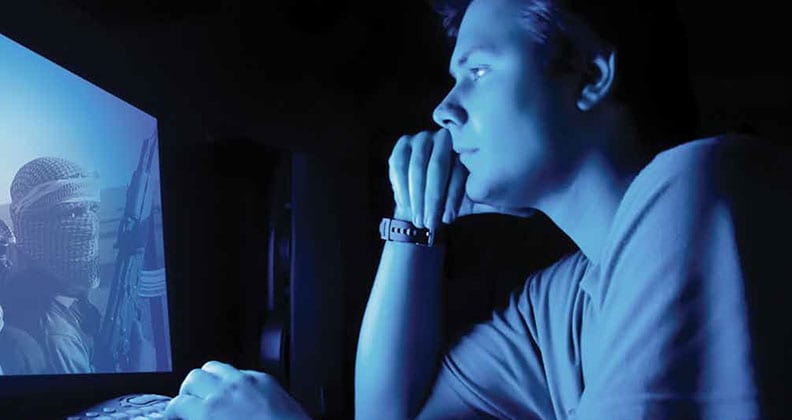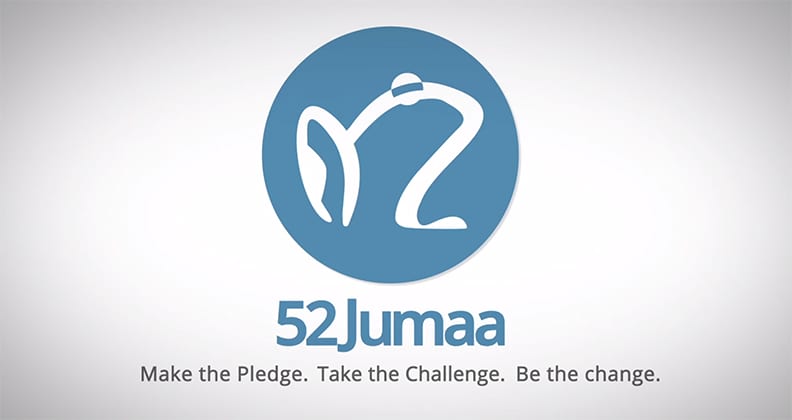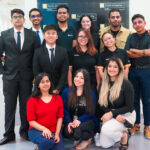An app designed by Curtin Associate Professor Dr Anne Aly and a team of Curtin University students to challenge thoughts of violent extremism, has won second place at an international competition organised by the US Department of State.
The team’s social media phone app, 52JUMAA (Jumaa is the translation for Friday, the Islamic holy day), encourages young Muslims aged 15–18 to construct a positive view of themselves and their place within their community.
Users create a profile where they identify their goals for personal and spiritual growth. Each Friday, users are sent challenges that have a range of difficulties, such as making a cup of tea for a family member, helping a stranger or giving food to a homeless person. Users are also provided with daily inspirational quotes from the Koran and are given the opportunity to interact with one another and compete for points.
The app was entered into the P2P: Challenging Extremism initiative organised by US-based company EdVenture Partners and the US Department of State’s Bureau of Educational and Cultural Affairs.
At first, the team was selected as one of three finalists, beating counterterrorism concepts from over 20 universities around the world, before they were invited to present their app to US officials in Washington D.C., where they placed second.
Dr Aly, whose family migrated to Australia from Egypt in the late 1960s when she was an infant, has published widely on issues including Muslim identity, Muslim media activism, terrorism and the internet and counterterrorism responses.
The international competition fits in with Dr Aly’s belief that, “when you work with young people, you have to engage them and work at ways of making them part of the solution”.
“I’m not young, so I don’t know what goes on in a young person’s mind. When I was a teenager in the 1980s, it was a different world. We didn’t have mobile phones and social media, for a start. I don’t think older people should be making programs for young people. Young people need to be telling us what works,” she says.
Congratulations to the team for their excellent result.




